A fire in a static caravan or lodge can be a very frightening experience and will likely cause extensive damage to your holiday home.
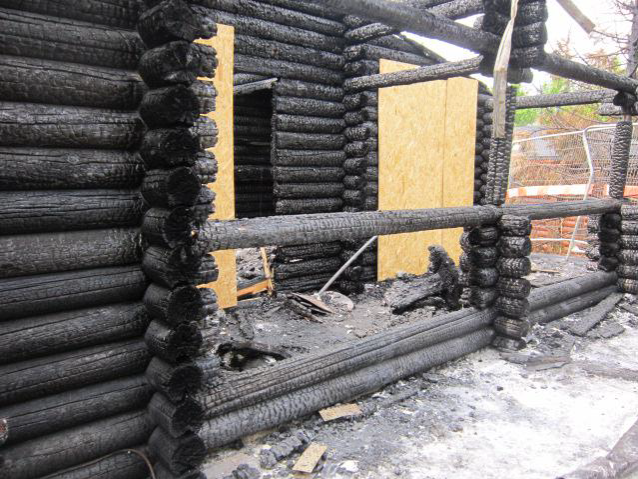
Thankfully, here at Leisuredays, we don’t see too many fire-related insurance claims, although we have seen a spike in recent years with a few severe fires.
Prevention is always much better than cure, so it’s always worth taking some basic precautions to prevent the worst from happening. Here’s our static caravan fire safety video:
Holiday caravan fire safety essentials…
It’s worth investing in a few essential fire safety items that you can keep close by in case of a fire in your caravan or to provide an early warning.
Smoke and carbon monoxide alarms
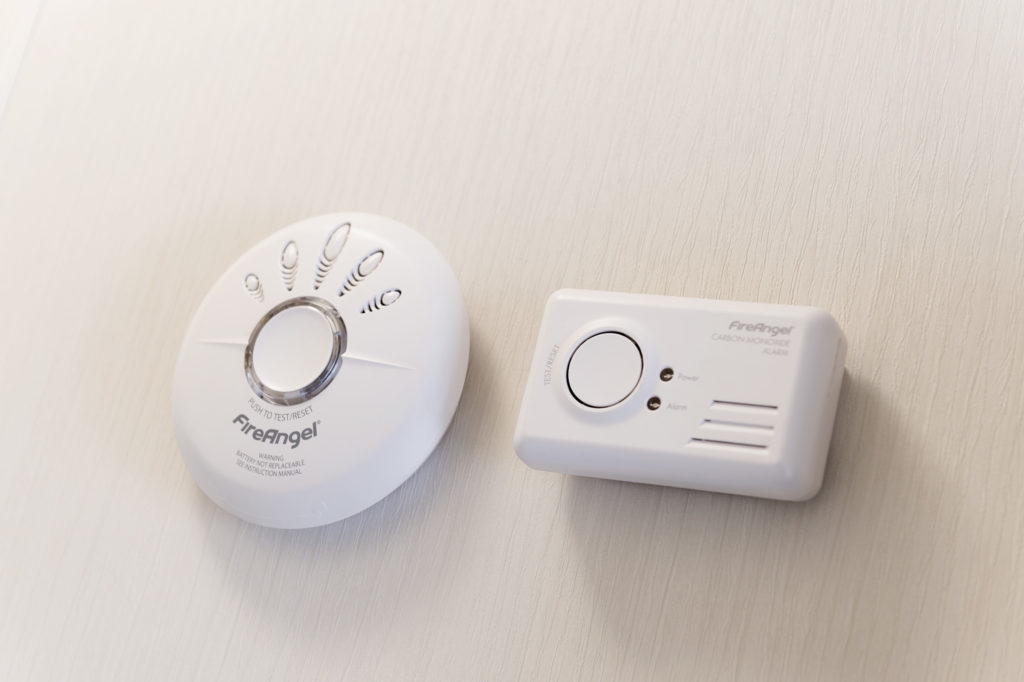
Newer caravans will already be fitted with a smoke alarm and a carbon monoxide detector – but make sure you do test them regularly and at least every time you visit your caravan. Have some spare batteries on hand in case they run low.
It’s worth having more than one smoke detector for extra safety.
Fire extinguishers and blankets
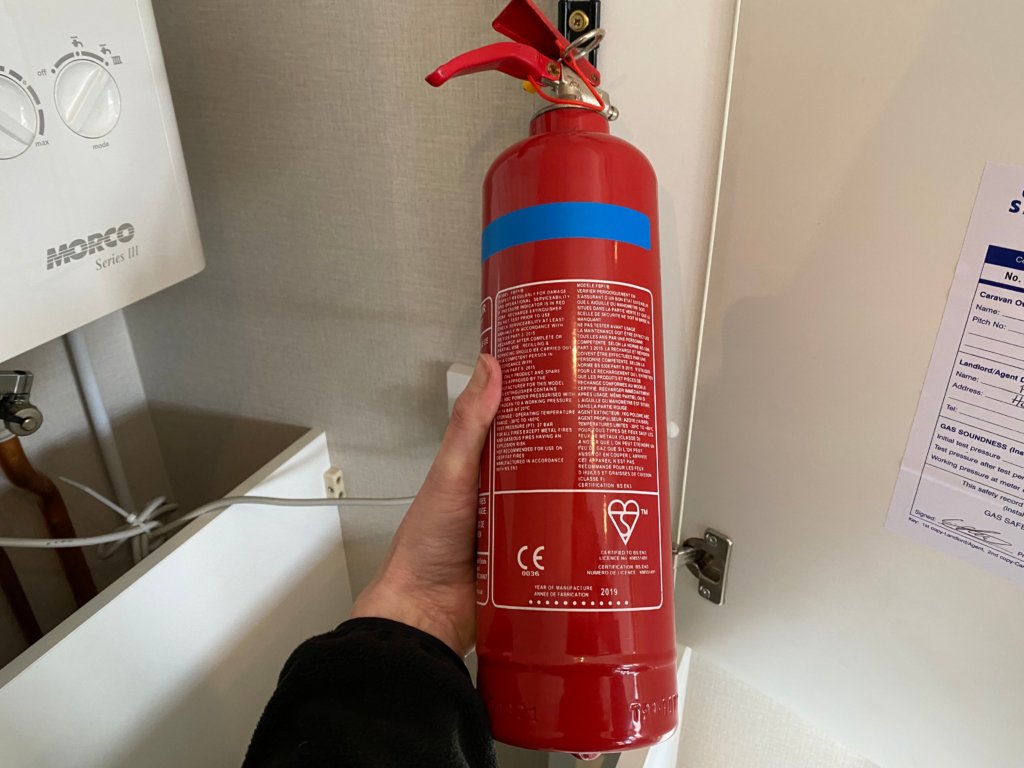
It’s also recommended to have a 1kg (2lb) minimum capacity dry powder fire extinguisher inside your holiday home at all times, and it’s worth having a fire blanket near the oven and to familiarise yourself with how to use them.
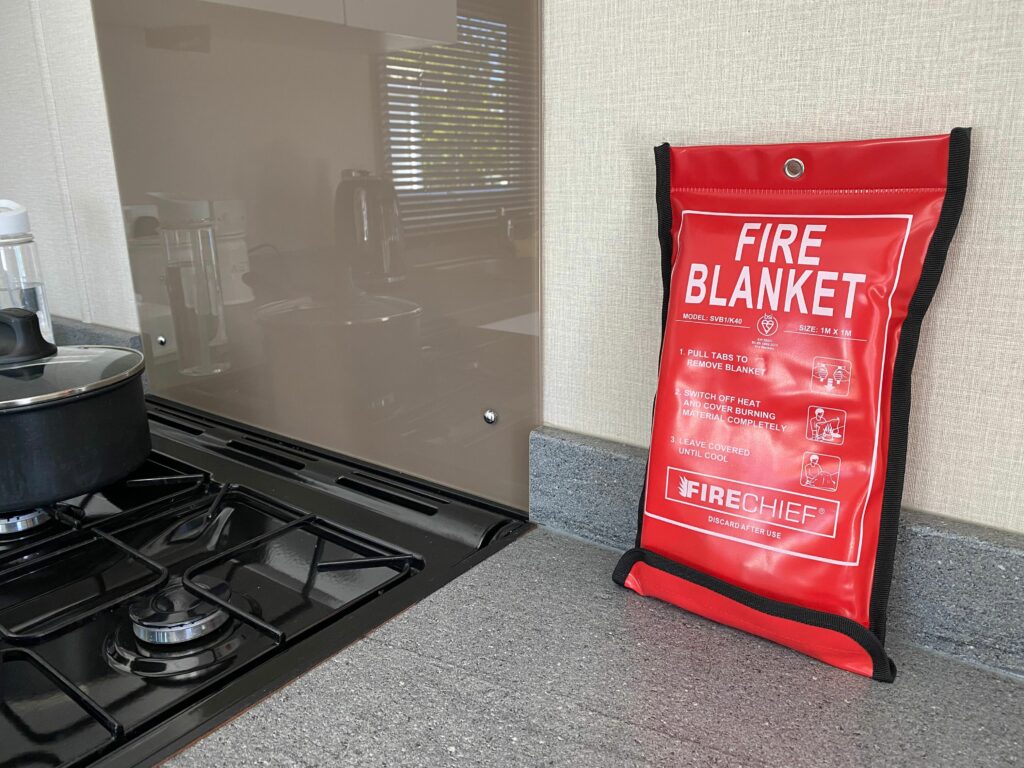
They could be a potential lifesaver, but should only be used to put out small fires no bigger than a small waste paper bin. Remember to never use a powder extinguisher on a pan of fat or oil – only use a fire blanket on a pan or minor cooking fires.
If you don’t think your efforts to control a fire are working, make sure you get out quickly and call the fire service. Then make sure you safely raise the alarm amongst neighbouring caravans and make park staff aware.
Check the expiry date on your fire extinguisher and if it doesn’t have one, it’s a good idea to replace your fire extinguisher after five years.
Fireproof mats
Cooking on a barbecue is a great way to enjoy the outdoor space and decking on your holiday caravan. Plus fire pits and other outdoor heaters are becoming more popular when dining or relaxing outdoors on an evening. With this extra heat and flames there’s always a risk of fire so it’s important to take a few extra precautions to make sure your barbecue or outdoor heating doesn’t cause any damage to your holiday caravan, your decking, or cause a fire.
First, always check the park’s policy on the use of barbecues, firepits and outdoor heaters to check if they’re allowed by your park, or if there are restrictions on where they can be used. Some parks might not allow these on verandahs or decking and might ask you to only use on hardstanding patios.
Make sure lit BBQ and heaters, particularly portable ones, are not left unattended and are only used in designated, well ventilated areas
Never take these inside your caravan, try to move them around when lit or still hot, or place them too close to the caravan’s side walls and decking balustrades.
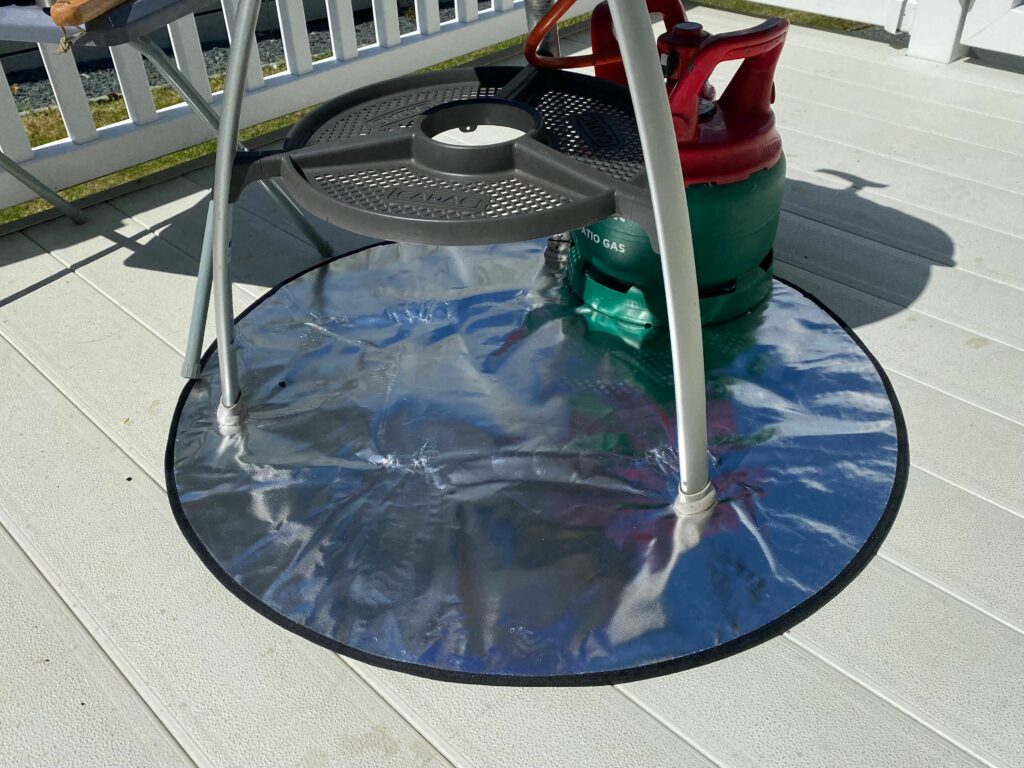
A fireproof mat placed under your barbecue, fire pit, or heater will help to protect your decking from fire or heat damage.
Heat-resistant gloves and mats
Heat-resistant cooking gloves when handling hot pans and accessories, both indoors and when cooking outdoors will prevent any burns or accidents, which could then lead to a fire.
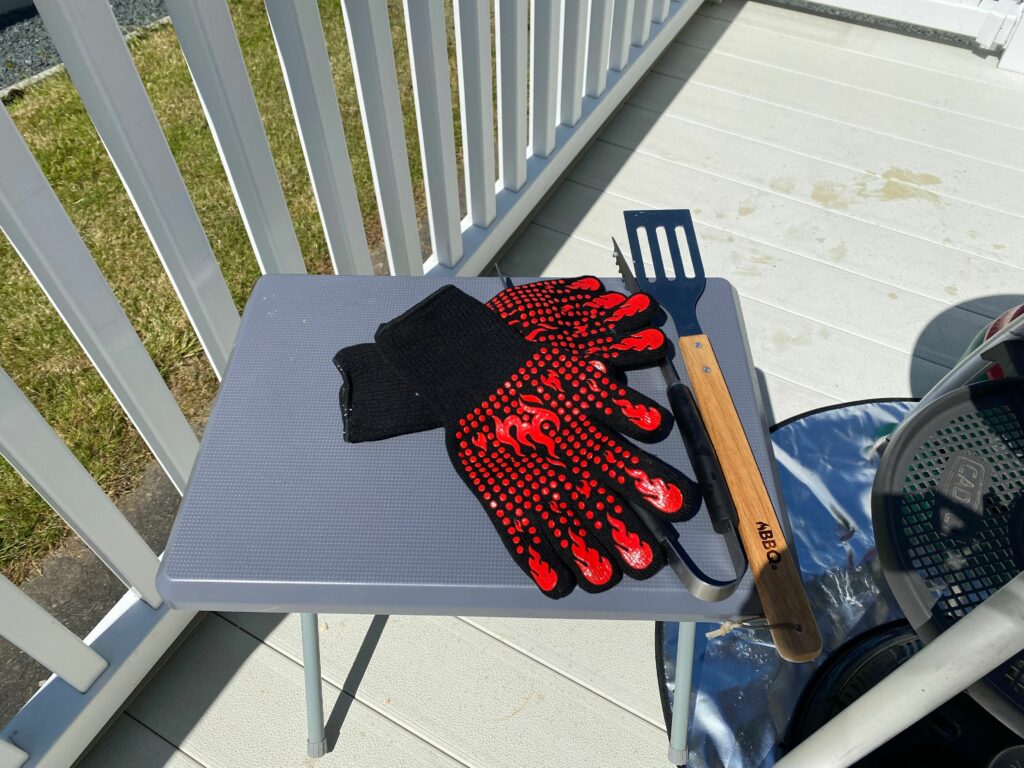
Also using heat-resistant mats to place hot dishes and trays down when taking them out of the oven or off the hob will avoid any burns to worktops etc. We dealt with one fire claim after a hot apple crumble set fire to a tea towel, worktop, and cupboards!
Fireproof document bags
Fireproof bags or pouches made from flame-retardant material will help protect your important documents or valuables in case of a fire.
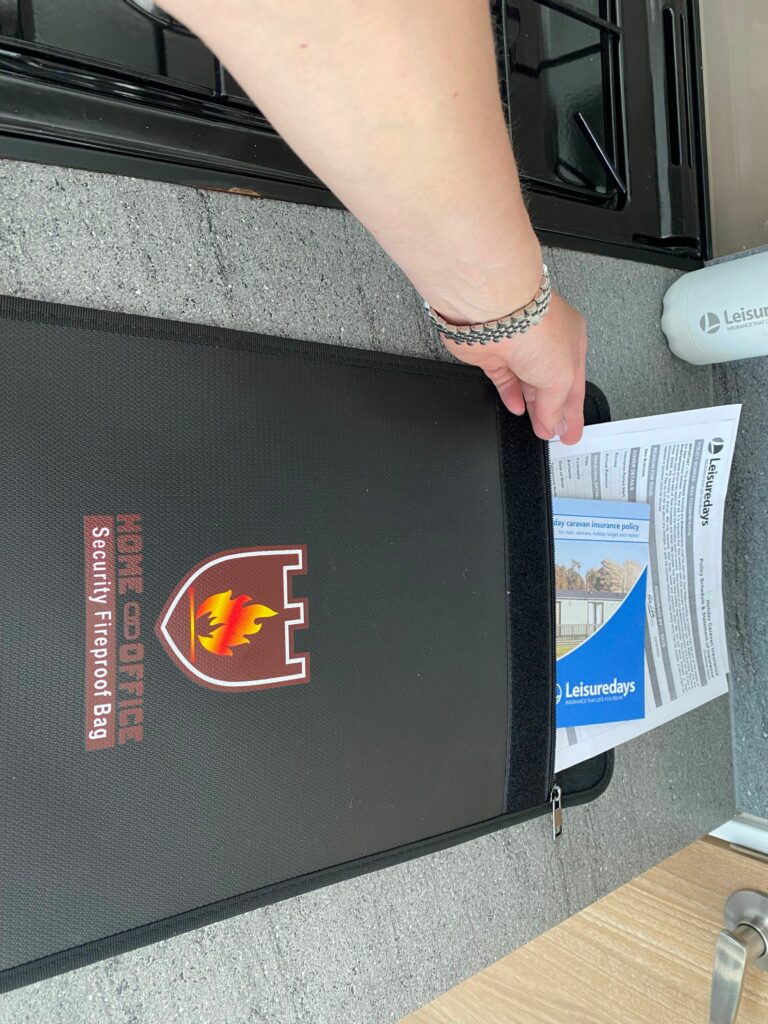
Fire safety tips for your static caravan or lodge
We spoke to Scott Donegan, Area Manager for Service Delivery at West Yorkshire Fire and Rescue, for his top motorhome fire safety tips.
“Many holiday caravans have gas cylinders so it’s important to check the valves on them are fitted correctly, that they’re turned off when not in use and not to smoke near them,” he said. “If there is a boiler, make sure a carbon monoxide detector is in place.”
He said all the usual home safety guidance applies, including care around portable heaters and candles, and not to leave these unattended.
- Choose a safety-conscious caravan park and make sure there’s a fire warning system in place and you know the routine should there be a fire on site. There should be a sufficient gap between caravans to prevent fires from spreading quickly.
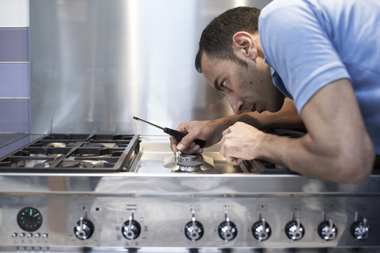
- Gas and electric safety: Make sure all your caravan’s gas and electric appliances are checked each year by a registered Gas Safe engineer and replace any appliances where necessary. If you’re hiring out your caravan you must keep a record of the gas safety check
- When buying a second-hand static caravan, check the age of electric appliances such as fridge freezers and make sure they’re in good working order
- Make sure all electrical appliances are of a proprietary make and meet UK specifications.
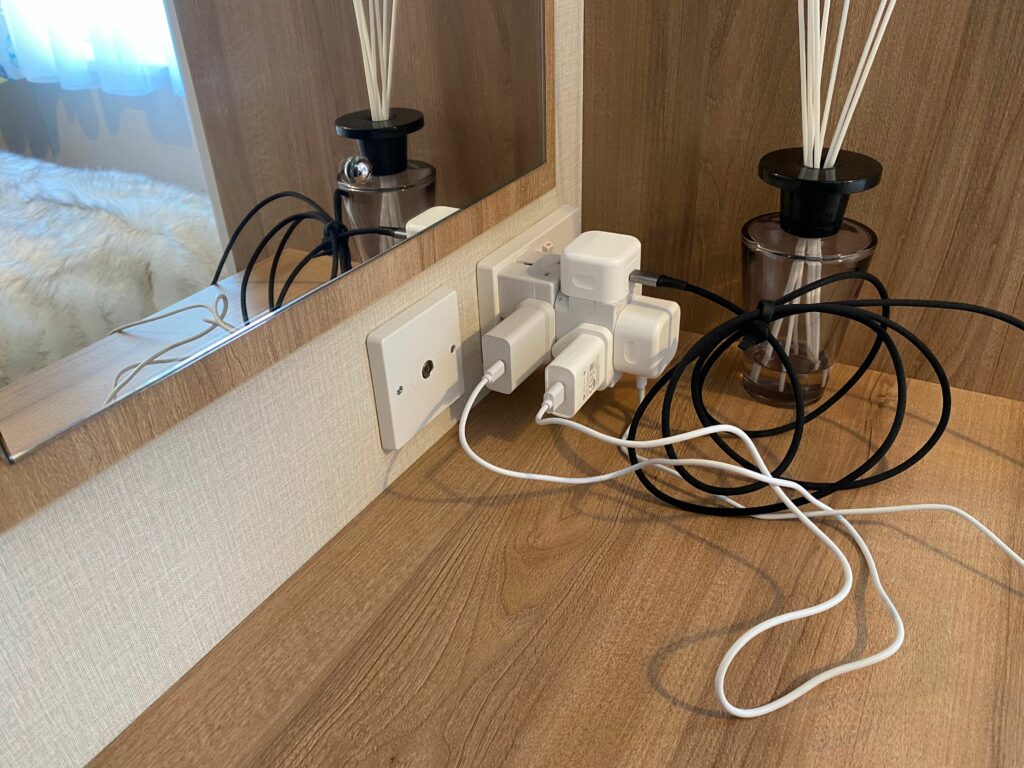
- Charging electrical devices: Avoid using low-cost, imported phone chargers as these can easily overheat. “Don’t overload sockets and make sure electrical equipment is safe with good quality charging cables,” said Scott. Only use the charger and power cable recommended by the manufacturer. Cheap chargers or cables are likely to breach UK safety standards and the use of poor quality components could increase the fire risk in your caravan. Always unplug chargers when done and make sure cables aren’t tightly packed so they don’t overheat. Avoid charging mobile devices, computers and game consoles for long periods and don’t leave them plugged in overnight or when you’re out.
- Only use laptops on hard surfaces so it can ventilate and don’t cover any devices with pillows, bedding, or clothing.
- Check and follow park guidelines on the charging of larger electrical appliances such as electric scooters, cars and items such as dialysis machines.
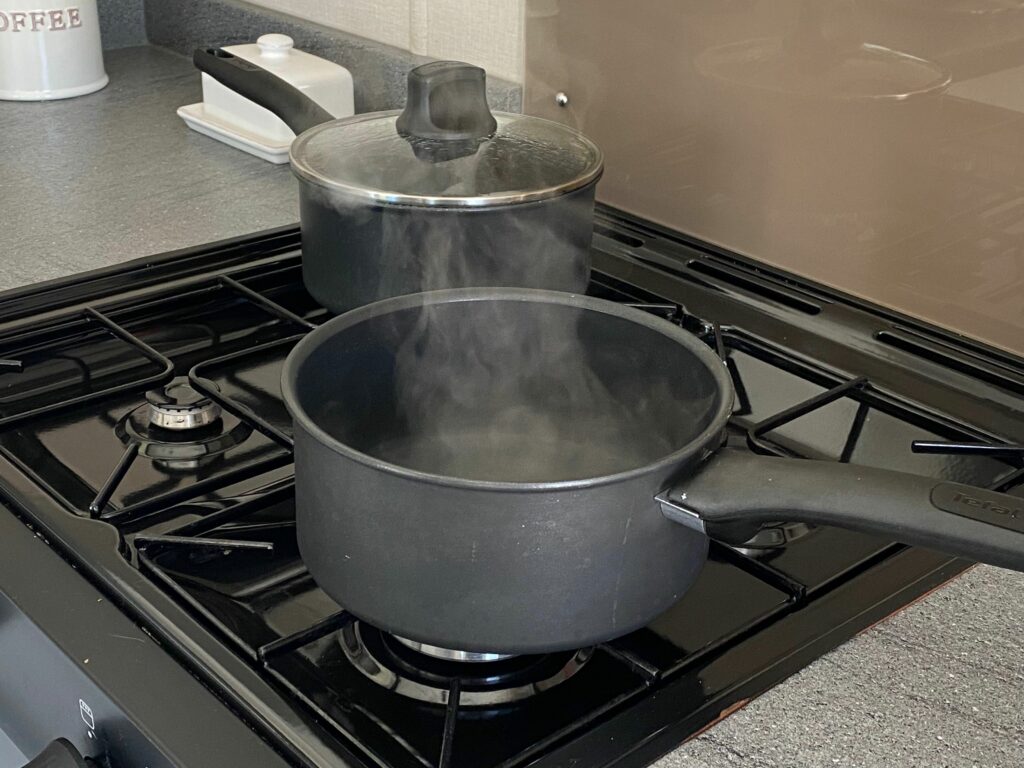
- Don’t leave your pans on the hob unattended and keep matches and lighters out of reach of children. Also, avoid smoking in your holiday caravan.
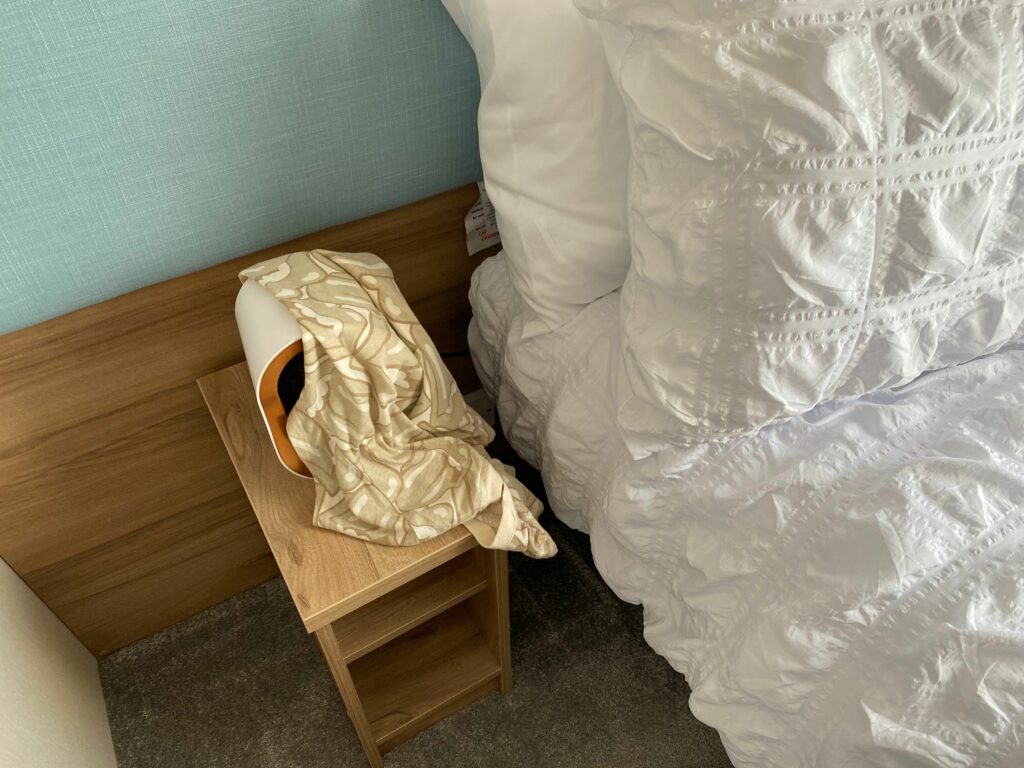
- Be careful where you toss your cushions from your bed, or dressing gowns, on an evening. If they get too close to a heater, then there’s a risk they could set alight. Similarly don’t put clothing or towels over electric heaters or lamps.
- Make sure all air vents are kept clear.
- It might seem obvious, but switch off heaters, cooking appliances and other electrical items before going to bed or when leaving your holiday caravan.
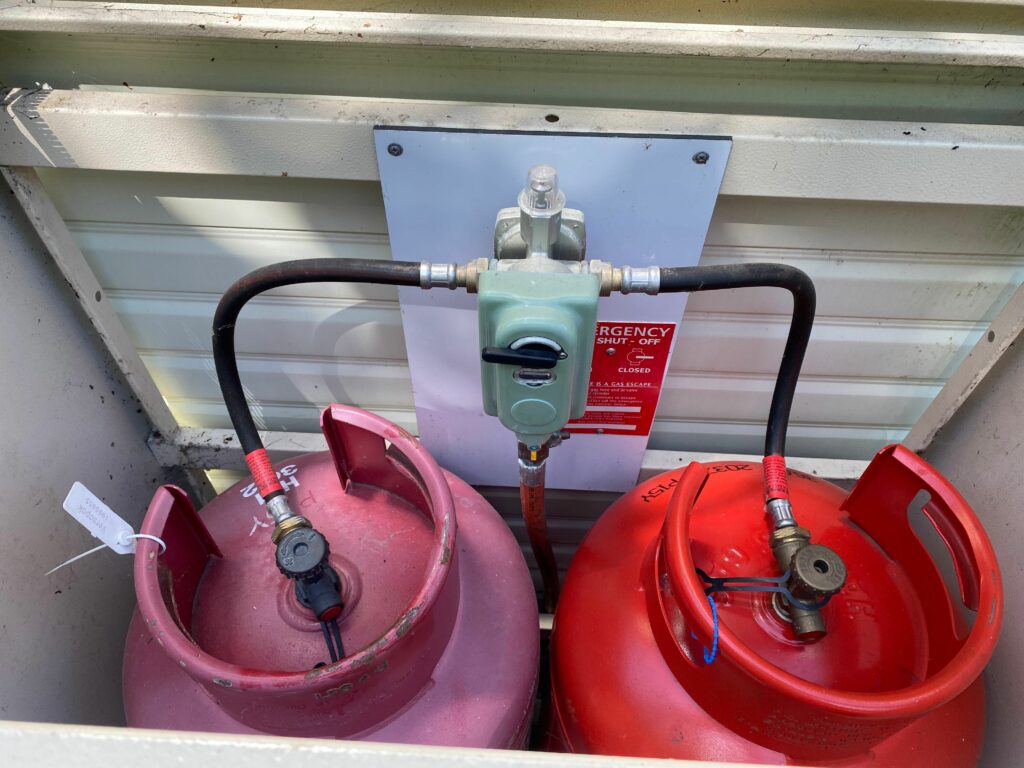
- Keep gas cylinders outside the caravan and if you suspect there’s a gas leak inside, turn off all appliances and the main cylinder valve, open all windows, and contact your site manager to get it checked out, or a gas engineer. When changing cylinders, make sure all cylinder valves are turned off before disconnecting.
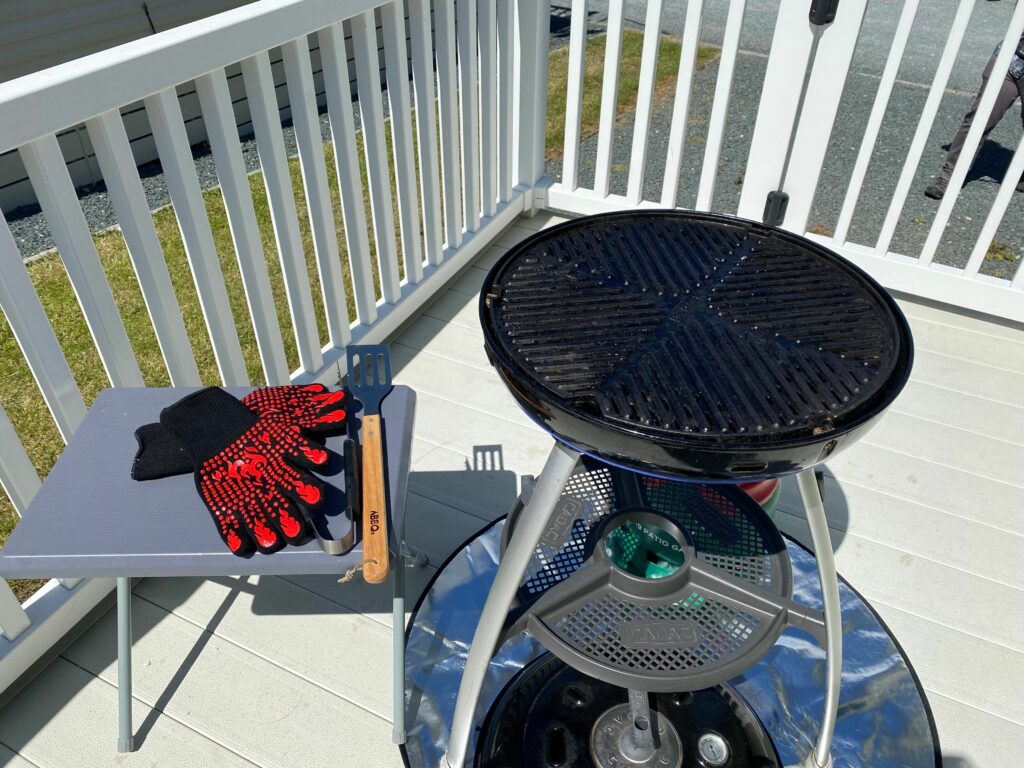
- Be very careful using barbecues, camping stoves or patio heaters outside your unit, particularly on decked areas. Never take these inside your caravan or place them too near its sides. “Make sure lit fire pits and BBQs, particularly portable ones, are not left unattended and only used designated, well ventilated areas,” said Scott. Follow park guidelines when disposing of barbecues, making sure hot coals are completely out and cold before disposing of any embers and allow your BBQ to full cool before storing away or putting a cover on it. Do not put coals into rubbish bins or onto decking.
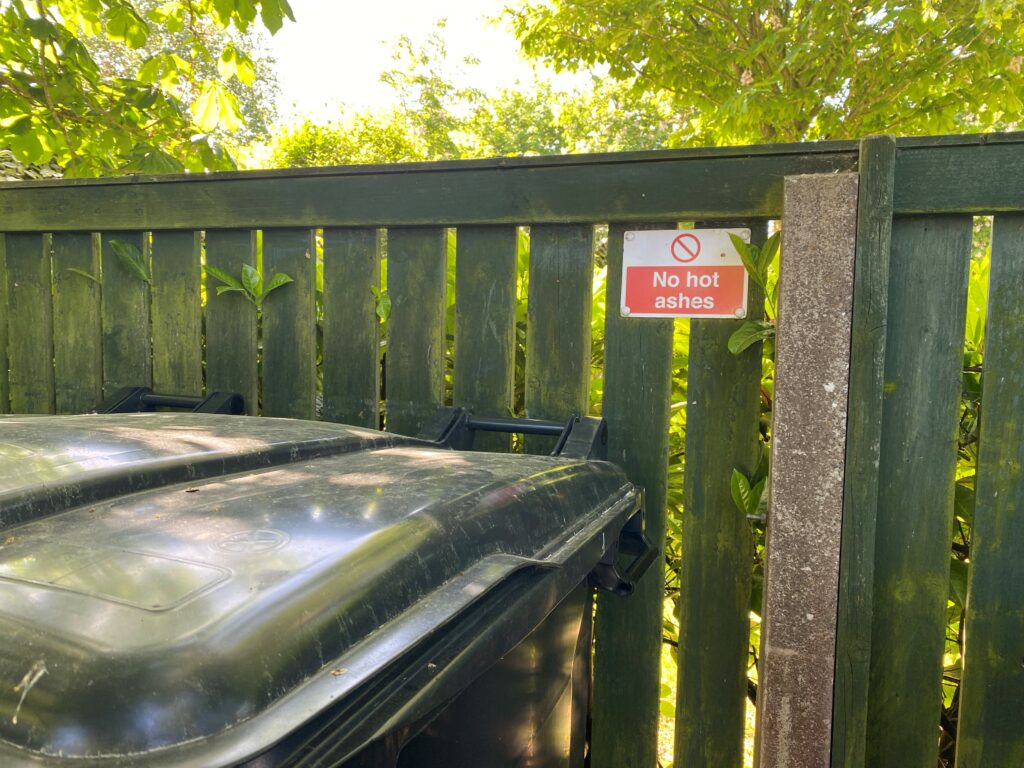
- If you are one of the few owners to have a log burner in your lodge or static caravan be careful using accelerants such as petrol to light it. Also, make sure you don’t have flammable materials near your stove and if you’re looking to install one, use a HETAS qualified engineer and make sure it’s placed on a hearth that meets building regulations. It’s also worth using a fireguard to prevent any burning embers from leaping onto the floor when opening up the stove door.
If you hire out your holiday caravan make sure you leave clear fire safety instructions to holidaymakers and that they’re aware of any fire risks and know what to do in the event of a fire.
Have a plan!
Remember a fire will spread at an alarming rate in a static caravan so your first priority has to be getting everyone out safely.
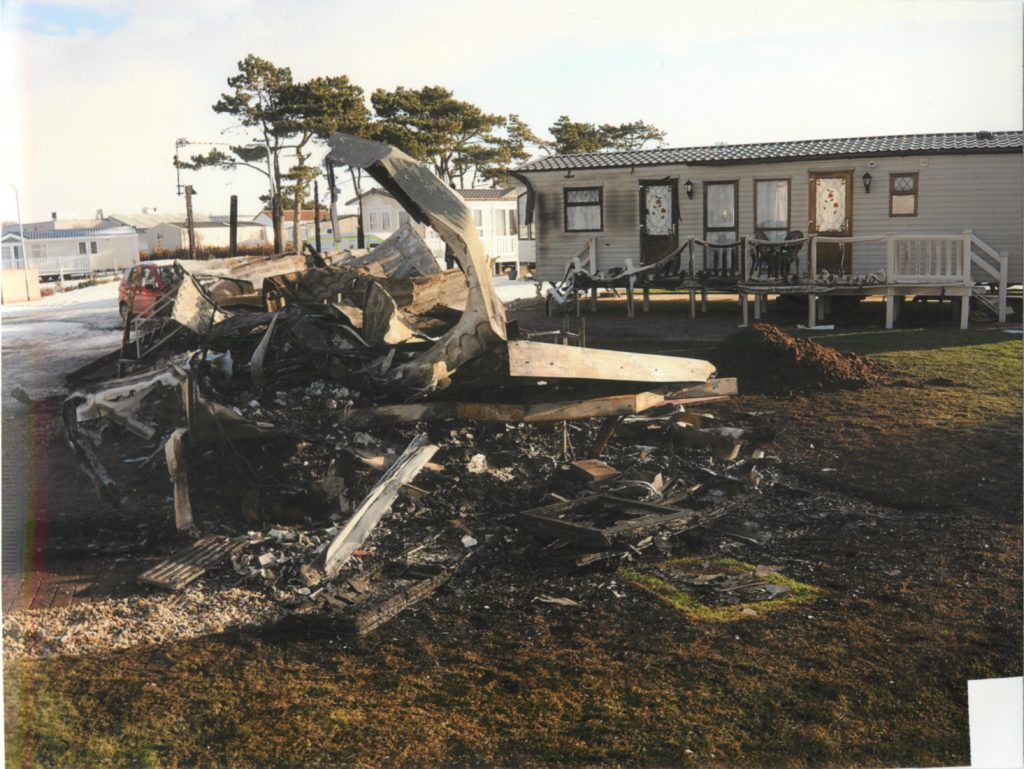
Make sure you have a fire escape plan and everyone knows it – and also make sure all hinges and window catches are in good working order and you know how to use them in case you do need to escape quickly.
Also, be careful not to block any escape routes with shoes or bags, when you’re holidaying.
What to do if there is a fire…
- Get everyone out as quickly as possible and keep a safe distance away from the caravan
- Call the fire service immediately
- Raise the alarm by alerting neighbouring caravan or lodge owners, as well as the holiday park manager
- If safe to do so, disconnect the main electricity supply and turn off the gas
- Remove the gas bottle if possible and only if it’s safe to be able to reach it
- Once out – stay out!
Find out more about our specialist static caravan insurance cover to give you that extra peace of mind should the worst happen.
And for more home fire safety advice visit the West Yorkshire Fire Service website.





Hi,
Who’s responsibility is it to provide fire extinguishers/blanket??
Is it the site management or caravan owner?
Following on, if the site management, should they provide information/
training/servicing?
You’d need to check with your chosen park as to what their requirements are. It’s likely the caravan owner would have to provide the fire extinguishers/blankets and the park owner would provide on site fire precautions, such as a hose and meeting point etc.
Sorry get a grip here and have a sense of self preservation for you and your family. Assume you have (hopefully) smoke and Carbon Dioxide alarms at home and your caravan/lodge is your second home so why would you not have the same, especially given the increased risk of compressed gas – you just sound as though you see an opportunity to claim against both the insurance company, the park owners and putting fire fighters at risk.
Have noticed this post was 2018 so sincerely hopefully you and your family are still safe and well and still able to enjoy your holiday home: if not it was not fire or CD related.
Caravan Owner has to have his own fire fighting equipment.
I have a one year old lodge and my neighbour has built a 12 foot wooden gazebo within a metre of my property. It blocks light from my dressing room as it is sold wood. He has added a log burner in the gazebo. Is this a fire risk?
He also screwed a hook into my lodge to attach a gate so is passing my dressing room window within a foot (male is 6` 6″ tall so I can see his shoulders and head passing). He has since removed the screw from my lodge without asking first and he has put a post within an inch of my lodge and attached the gate to it. Is this acceptable?
You need to seek advice from your park operator Jean and bring the matter to their attention.
can you ever block a window with a metal shed ? even if there is another window in the bedroom
We would speak to your park owner about this Mrs Draper.
i own a park home i have got smoke alarm in hall , carbon detector in kitchen also in hall by bedroom door . How do the new laws affect me if so who pays for it
I am getting mixed messages about whether charging an electric car using a caravan socket is a fire hazard.
Could you clarify please xx
I would check with your car manufacturer Marina
I would check with your car manufacturer Marina
Hi , I would like to ask if foam or powder fire extinguisher’s are best in my static caravan I rent out as a holiday home all year and should I also have a fire blanket? I look forward to your response,
Kind regards,
Jo Thipthorp
Hi Jo, it’s a legal requirement that you have an in-date fire extinguisher and fire blanket available in your static caravan if you’re hiring it out. Your caravan must also have a smoke alarm and carbon monoxide detector fitted and these must be tested regularly. Most fire extinguishers found in static caravans are powder.
Hi, can you confirm that it is a legal requirement to complete a fire risk assessment and this applies to caravan owners that rent their vans out. It may be an offence to not have one.